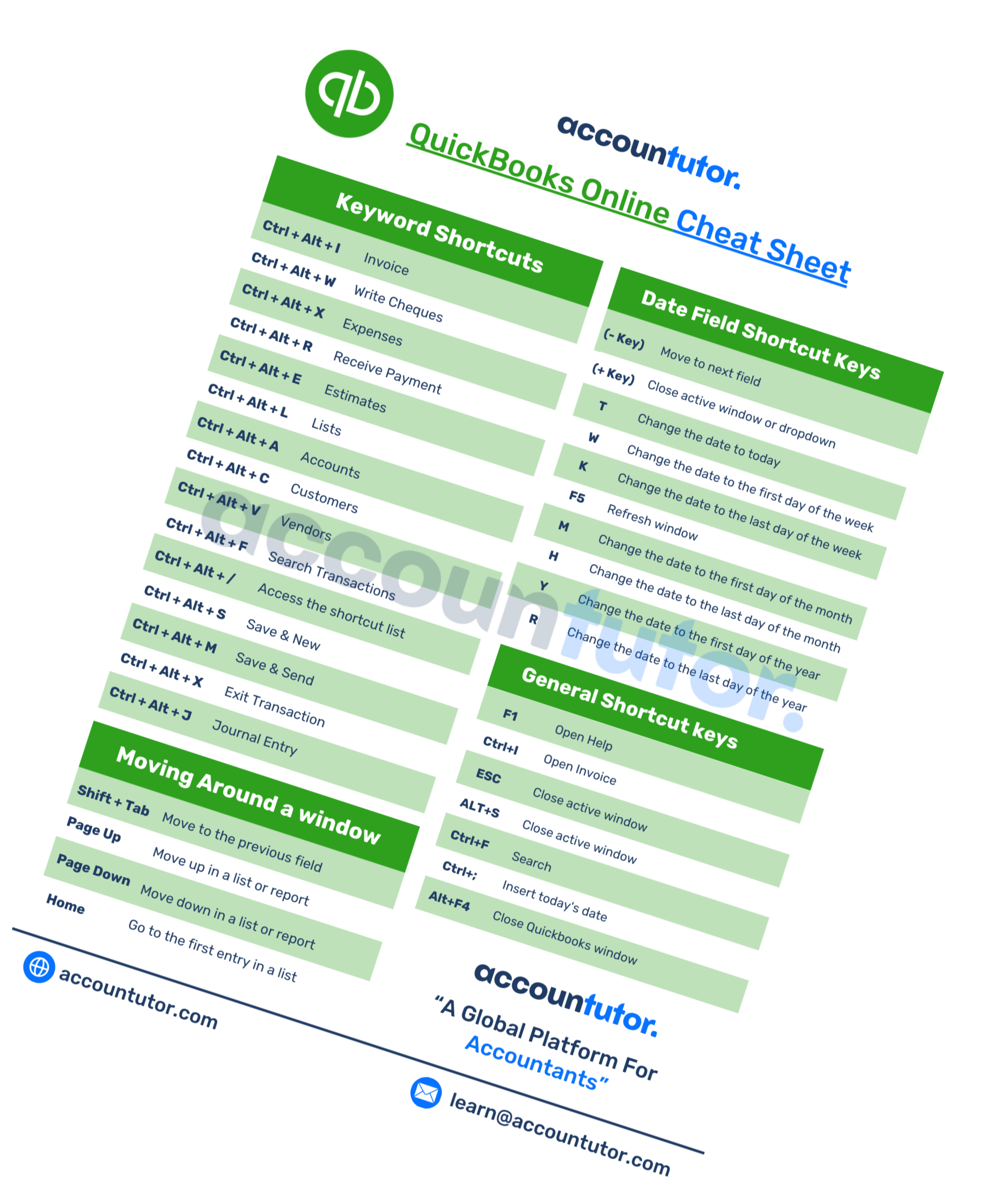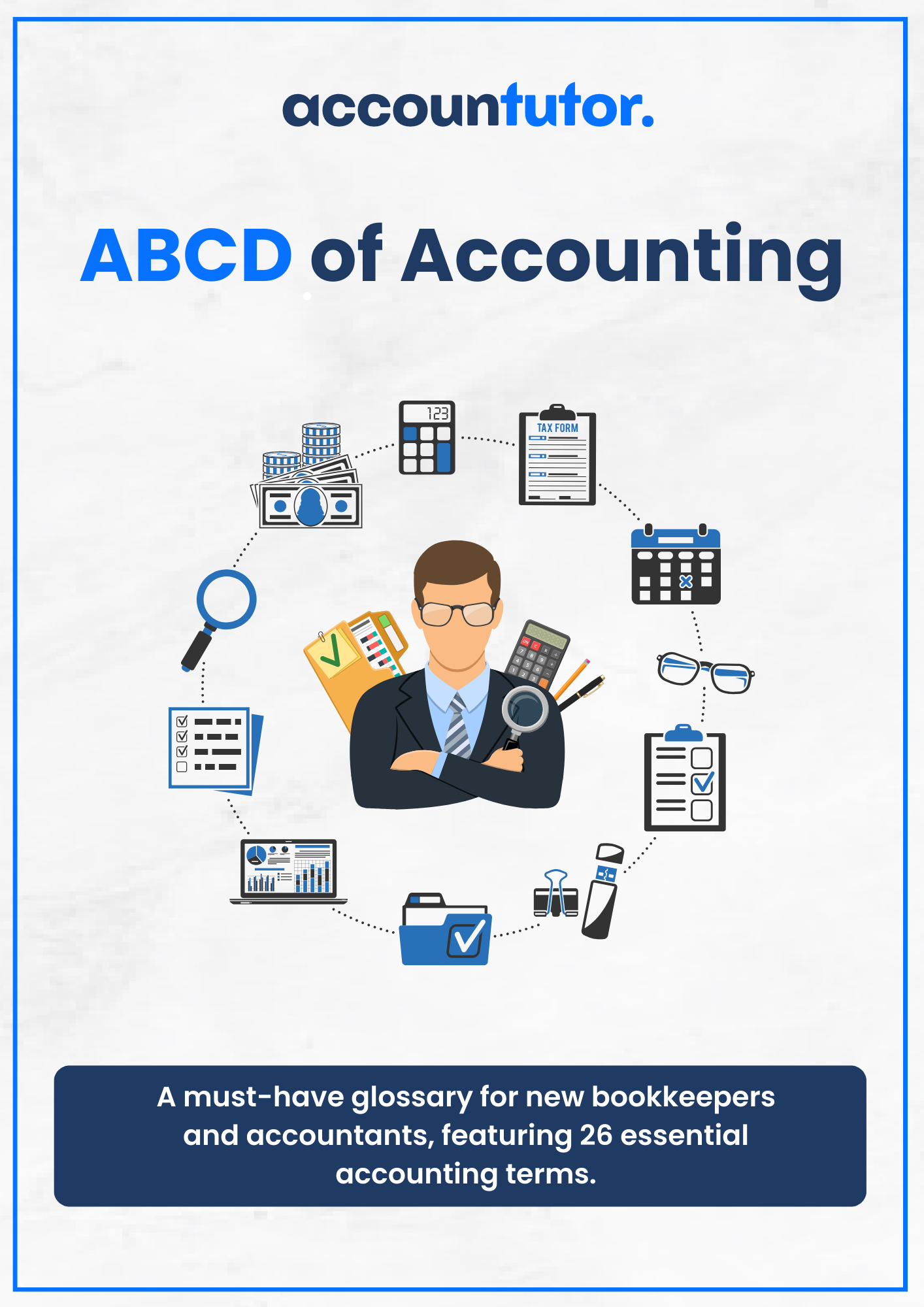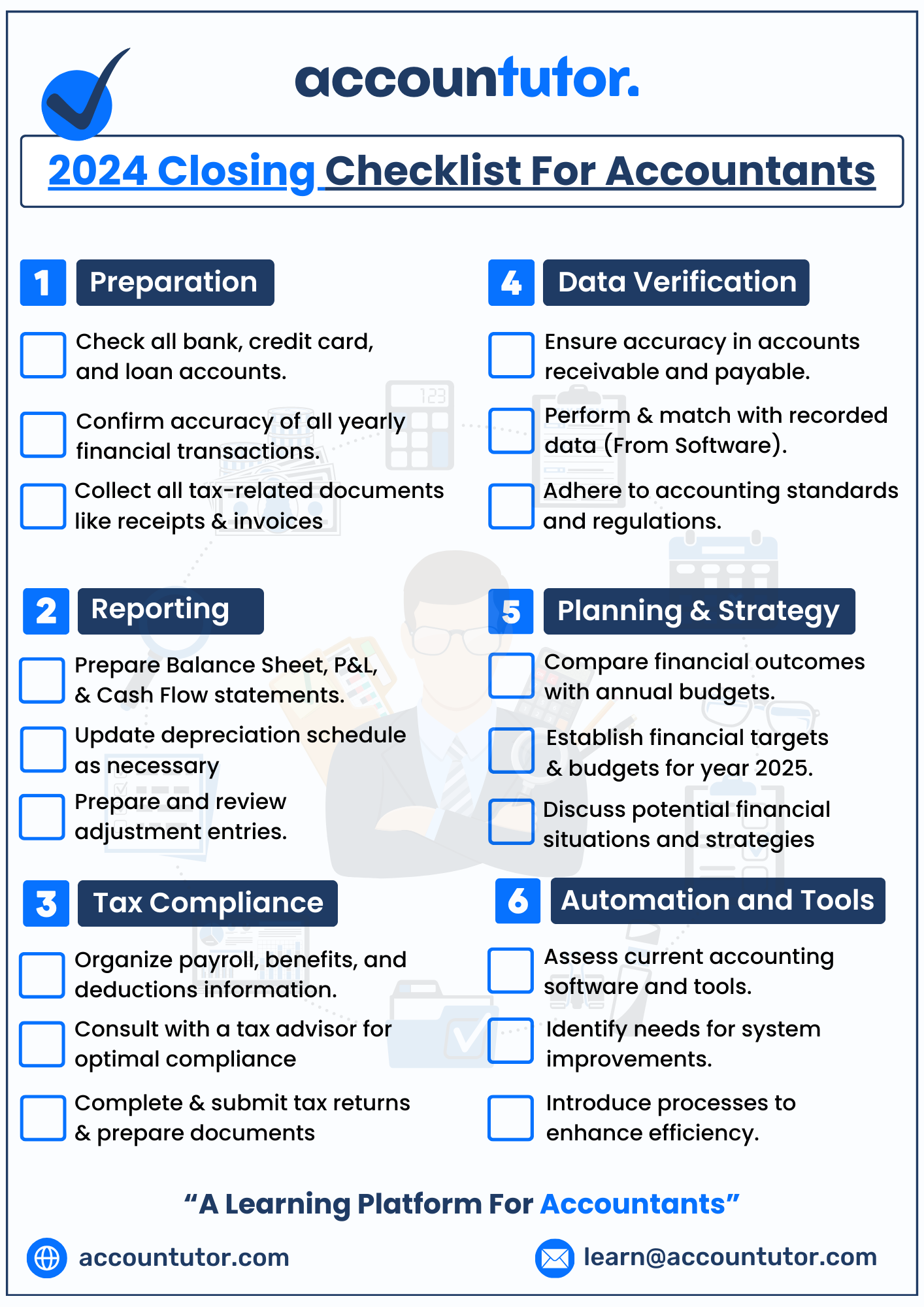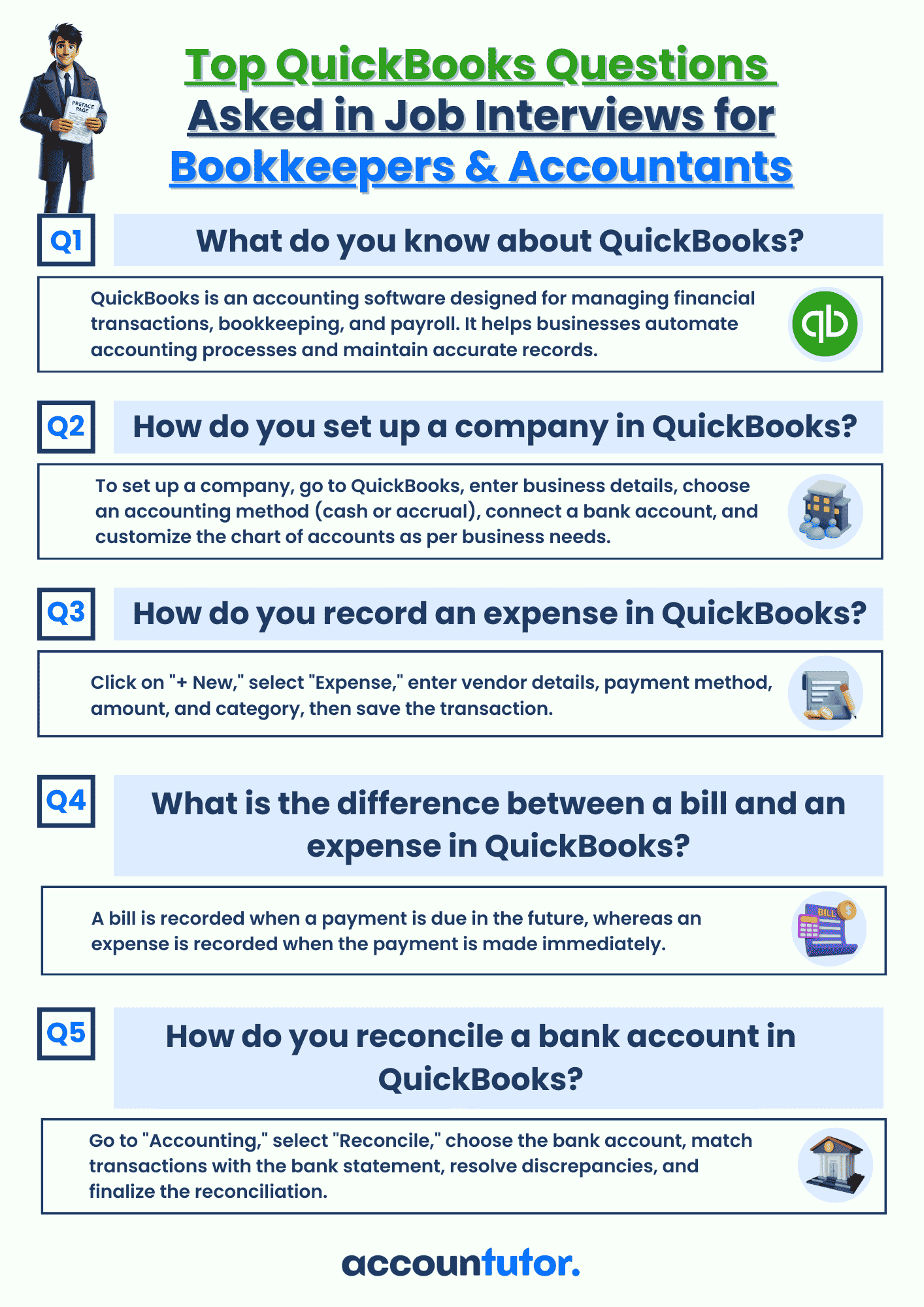Basics
of Business Taxation
-
Types of Business Taxes
-
Business Structures and Taxes
-
Importance of Staying Compliant
Basics of Business Taxation
Business taxation refers to the taxes that businesses are required to pay on
their income, operations, and sometimes even transactions. These taxes vary
depending on the business structure (sole proprietorship, partnership, LLC, or
corporation), location, and type of income earned.
“Paying taxes is part of running a business. Understanding them is part of running it well.”
“Paying taxes is part of running a business. Understanding them is part of running it well.”
1. Types of Business Taxes
Businesses
may be subject to several different taxes, including:
The type and amount of tax depend on the nature of your business and where it's located.
- Income Tax – Paid on the profit the business earns
- Self-Employment Tax – For sole proprietors and partners to cover Social Security and Medicare
- Payroll Taxes – Withheld from employee wages and matched by the employer
- Sales Tax – Collected from customers on taxable goods or services
-
Excise Tax – On specific
products like fuel, alcohol, or tobacco
The type and amount of tax depend on the nature of your business and where it's located.
2. Business Structures and Taxes
Your
business structure plays a major role in how taxes are filed and paid. For sole proprietorships and partnerships,
the business income is reported directly on the owner's personal tax return,
meaning the business itself doesn't pay income tax separately. Limited Liability Companies (LLCs)
offer flexibility—they can be taxed as sole proprietors, partnerships, or
corporations depending on how they are set up. Corporations,
on the other hand, are treated as separate legal entities and must file their
own tax returns. In some cases, corporations may face double taxation—once at the corporate
level and again when profits are distributed to shareholders. Choosing the
right structure can have a big impact on your overall tax burden and help you
manage your obligations more efficiently.
3. Importance of Staying Compliant
Filing
taxes correctly and on time is essential for running a responsible and
successful business. It helps you avoid fines and penalties
that can arise from late or inaccurate filings. Staying compliant also ensures
you maintain good standing with tax authorities,
which is important for both reputation and smooth operations. Additionally,
having clean tax records can help you qualify for business loans
and government contracts, since lenders and agencies often
review financial history. Proper tax filing also builds trust with investors, partners, and customers,
showing that your business is transparent and well-managed. To stay compliant,
it's crucial to keep accurate records,
track income and expenses carefully,
and use reliable accounting software
that can streamline the process and reduce errors.
Key Takeaways
✅ Business taxes vary by structure, location, and activity
✅ Common taxes include income, self-employment, payroll, and sales tax
✅ Your business structure determines how and where you file
✅ Good records and timely filing are critical for compliance and growth
✅ Common taxes include income, self-employment, payroll, and sales tax
✅ Your business structure determines how and where you file
✅ Good records and timely filing are critical for compliance and growth
Write your awesome label here.
Access all Accounting and Bookkeeping Courses from One Portal.
Mastering Bookkeeping and Accounting
MBA simplifies accounting, ledger management, account balancing and financial statement preparation.
QuickBooks Online For Bookkeepers
From Beginner to Expert: Master QuickBooks Online. Effortlessly Navigate, Analyze Transactions, and Unlock its Full Potential.
Xero Accounting For Bookkeepers
Learn how to use Xero, the leading online accounting software to perform most of the essential bookkeeping tasks.
ChatGpt for Bookkeepers and Accountants
Learn how to use the ChatGPT prompt toolkit to simplify daily accounting tasks for accountants and bookkeepers instantly.
Subscribe to our newsletter
Stay informed with the latest accounting tips, tools, and updates from Accountutor right in your email inbox.
Thank you!
Policy Pages

Download QuickBooks Online PDF Guide
Thank you!

Download QuickBooks Online Cheat Sheet
Thank you!

Download ABCD of Accounting
Thank you!

Download Checklist 2024
Thank you!
Register For Free!
Thank you!

Download Interview Questions
Thank you!

